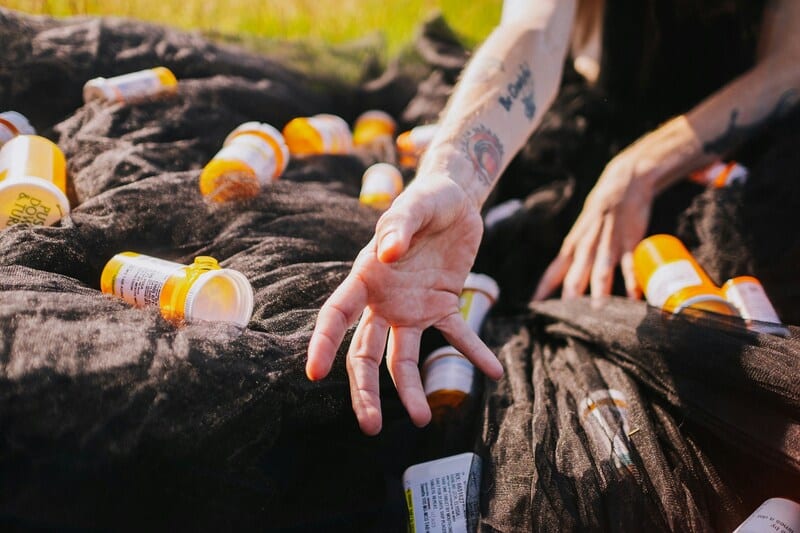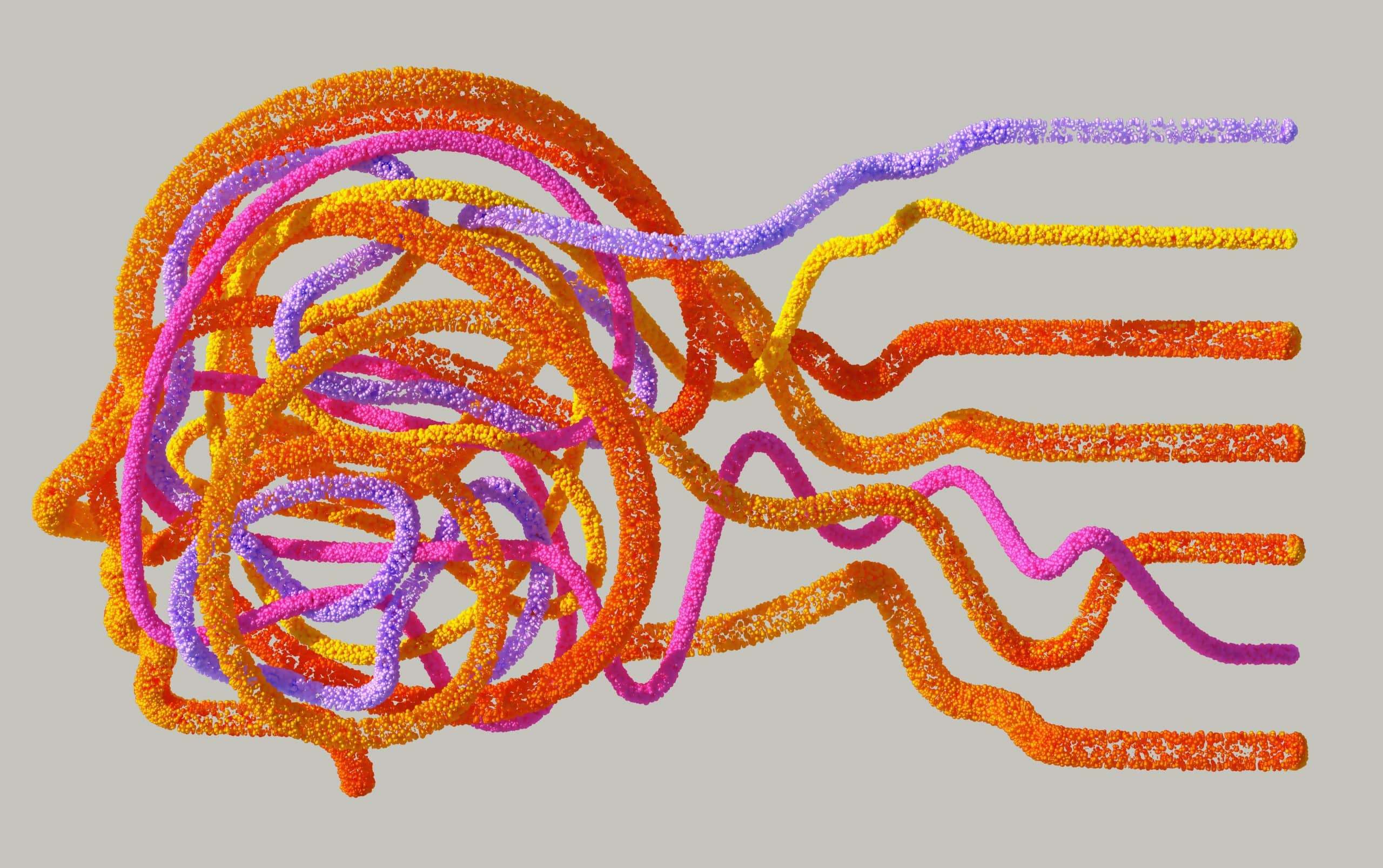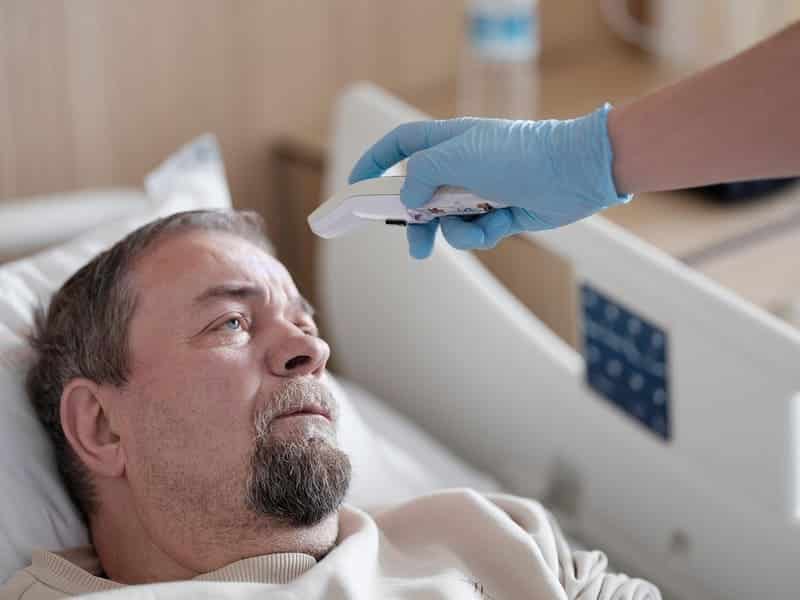Addiction doesn’t start the first time you use a substance. Therefore, many people who are addicted never thought they would be. It is easy to think you can stop anytime; however, recovery is a tough battle. Addiction to a substance doesn’t mean you are weak; it only means that you will need more than willpower to break free. Substance (including alcohol, hard drugs, and prescription drugs) abuse can cause changes in the brain. This can make it seem impossible to break free. However, recovery is possible, albeit tough.
5 Stages to Addiction Recovery
Recovery can take a while, from months to years. However, the right program can help mitigate withdrawal symptoms and relapse and make the process easier. Psychologists have identified five stages of addiction recovery that provide insight if you are struggling with or contemplating recovery. These stages can help you understand your decisions and make the process more effective. Note that these stages are not linear and have no set amount of time. They are as follows:
1. Precontemplation Stage
The contemplation stage occurs before the addict realizes something is wrong. Those in this stage are not ready to break free and may justify their reasons for being hooked on drugs. They may focus on the benefits of the addiction owing to the lack of information on the negative effects on their lives, family, relationships, and work. People in this stage may have tried and failed to recover multiple times and may feel that recovery isn’t impossible.
2. Contemplation Stage
The contemplation stage is where there is insight into the dangers of addiction. The person is ready to listen to reason and start contemplating breaking free. However, those in this stage are still not immediately ready to overcome their addiction. Still, a gentle nudge and a listening ear devoid of blame or judgment can get them to the next stage.
3. Preparation Stage
The preparation stage is marked by a readiness to overcome addiction. There is a sense of urgency to be sober, often followed by the willingness to take steps toward recovery. However, relapse is highly possible here if the person experiences some emotional distress or withdrawal syndrome.
4. Action Stage
In the action stage, the person starts to act on their desire to break free, such as seeing counselors and attending meetings. They are committed to change and begin to see significant changes. They are also likely to turn to professionals for help before or after a relapse. They are focused on the dangers of addiction and take great care in ensuring total change in their lives. They are also reliant on professionals who help them stay free.
5. Maintenance Stage
The maintenance stage is where the individual feels strong enough to maintain their recovery. There is less of a tendency to relapse in this stage, but the individual also keeps up with activities that got them to this stage. They attend meetings frequently, exercise, and speak to counselors. The maintenance stage depends on the individual and lasts six months to five years.
Options for Addiction Recovery
There are several ways to get treatment. The right one depends on you, the type and severity of addiction, and the type of substance you are addicted to. This will inform the treatment facilities and program you will engage in. You will also need to make some lifestyle changes to help you overcome your cravings. Here are some treatment program options available.
Addiction Treatment Programs
1. Intensive Inpatient Programs
These are also known as residential treatments. They are for individuals with serious long-term addictions who need to stay in a facility. They are not allowed to go away for work, school, family, and friends. Such people have developed a psychological dependence on the substance and need medical and professional help with withdrawal symptoms. This program lasts between 30 days to several months.
2. Outpatient Recovery Programs
Outpatient programs are categorized into partial hospitalization programs (PHPs) and intensive outpatient programs (IOPs). People in PHPs live at home but go for treatment at least 20 hours a week. Those in IOPs also live at home and attend treatments in designated centers. However, they can also attend school or work because treatment is only nine to 19 hours weekly.
3. Therapy
Therapy is a great way to overcome addiction. It can help you identify triggers and reset your mindset. It can also help you cope with the addiction and change your lifestyle. Some behavioral therapies and psychotherapies you can participate in include Cognitive Behavioral Therapy (CBT), Motivational Enhancement Therapy (MET), Mindfulness Therapy, and Family Therapy. Each is well suited for varying situations, and application depends on the individual.
4. Medications
Medication is another treatment option that helps. It is used to treat withdrawal symptoms, treat co-occurring mental health conditions, and prevent relapse. Medication is also prescribed for conditions that cause addiction in the first pain, such as chronic pain. Doctors will prescribe medication depending on the addiction type and withdrawal symptoms. It will be helpful to talk to your doctor about drug options that are appropriate for you.
Relapse rates are high in treatment. About 40 to 60% of those in addiction recovery relapse within 30 days of treatment. Around 85% relapse within a year. However, having a relapse doesn’t mean your treatment has failed. Talk to a professional after having a relapse. You should also consider why you relapsed to avoid a repeat. Relapse can occur due to cravings or thinking you are strong enough to stop at “one.”
Steps to Addiction Recovery
There are several ways to overcome addiction. These tips, in combination with therapy, treatment programs, and medication, can help you recover. Adopting all these steps also gives you a better chance at recovery. These steps are:
- Review Past Attempts at recovery and what failed
- Set a quit date or limits on substance use
- Change your environment and remove triggers
- Create a support system through friends and family
- Get new hobbies
- Exercise
- Volunteer
- Seek Professional help.
Conclusion
Addiction recovery is tough but possible. You can relapse even two years after sobriety. Therefore, continuous support and attendance at treatment meetings or support groups like Alcoholics Anonymous (AA) and Narcotics Anonymous (NA) should continue for at least one or two years. With the right mindset and strategies, you can overcome addiction.
Disclaimer: This article is intended simply to provide information. It does not replace the medical advice of a physician. Please speak with your doctor if you have any questions or concerns.










